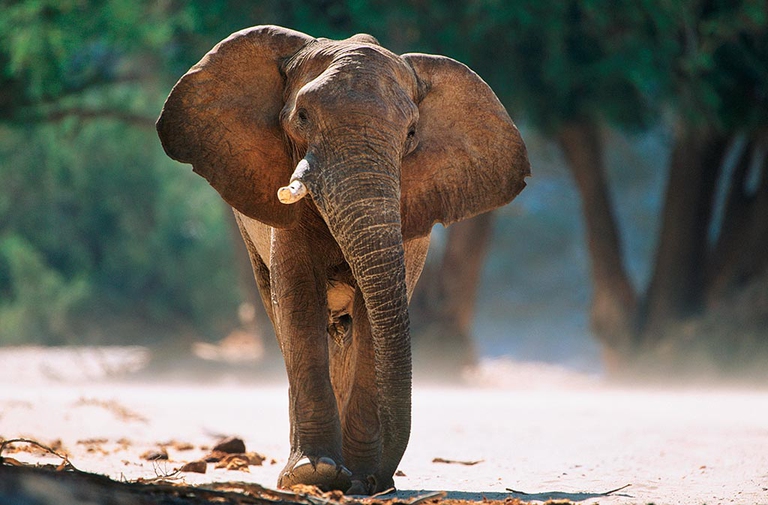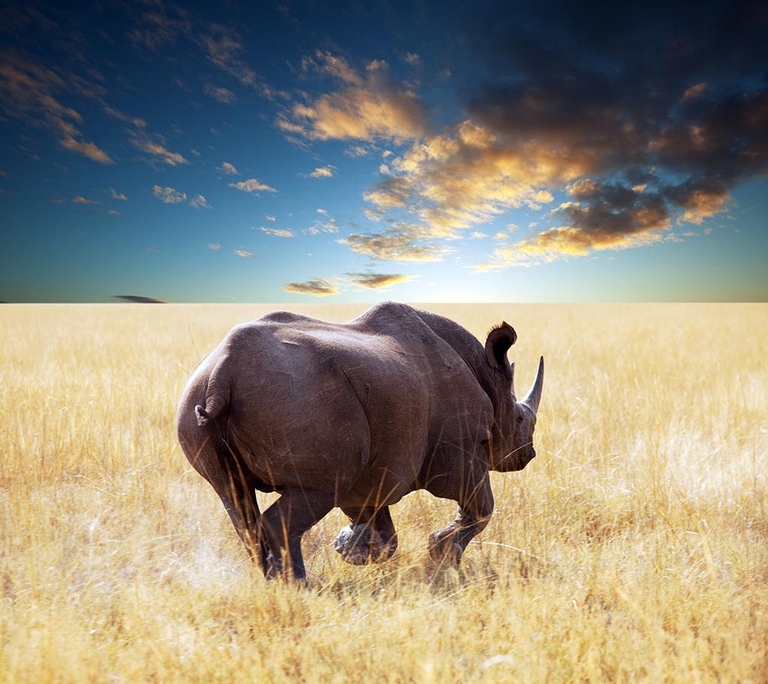
South African court dismisses a major lawsuit by 140,000 Zambian women and children against Anglo American for Kabwe lead poisoning. A setback for affected communities enduring the lasting impact of lead contamination.
The United Nations General Assembly has approved for the first time and unanimously a resolution against poaching and illegal wildlife trade. Promoted by Gabon and Germany, the proposal was supported by over 70 countries, including Italy. The resolution was defined as historic and aims to stop the increasing demand – on the black market – of animals that
The United Nations General Assembly has approved for the first time and unanimously a resolution against poaching and illegal wildlife trade. Promoted by Gabon and Germany, the proposal was supported by over 70 countries, including Italy. The resolution was defined as historic and aims to stop the increasing demand – on the black market – of animals that are an “irreplaceable part of the natural systems of the Earth,” which, inevitably, fuel the offer.
The General Assembly has expressed serious concern on the increase in rhino and elephant killings, respectively for horns and ivory. Despite it’s not legally binding, the decision urges the international community to “take decisive steps to prevent, combat and eradicate the illegal trade in wildlife”. It can be done through strengthening laws, the judicial system, and the cooperation among police forces, including the participation of local communities where pachyderms and other endangered species live.
“The UN resolution marks a new phase in the fight against wildlife crime, which is threatening countless species with extinction while jeopardizing national security and sustainable development,” said Marco Lambertini, Director General of WWF International. “This landmark resolution proves that ending wildlife crime is no longer just an ‘environmental’ issue and not just limited to a few countries: it has become a priority for every nation.”
According to NGOs’ data, China covers 70 per cent of the global ivory demand and it is responsible for the killing of 30,000 African elephants every year. Countries being affected by Chinese negative influences are Kenya and Tanzania, where elephants physically live, and Hong Kong, used as main port by poachers to sort illegal merchandise all over Asia.
Siamo anche su WhatsApp. Segui il canale ufficiale LifeGate per restare aggiornata, aggiornato sulle ultime notizie e sulle nostre attività.
![]()
Quest'opera è distribuita con Licenza Creative Commons Attribuzione - Non commerciale - Non opere derivate 4.0 Internazionale.
South African court dismisses a major lawsuit by 140,000 Zambian women and children against Anglo American for Kabwe lead poisoning. A setback for affected communities enduring the lasting impact of lead contamination.
Controversial African land deals by Blue Carbon face skepticism regarding their environmental impact and doubts about the company’s track record, raising concerns about potential divergence from authentic environmental initiatives.
Majuli, the world’s largest river island in Assam State of India is quickly disappearing into the Brahmaputra river due to soil erosion.
Food imported into the EU aren’t subject to the same production standards as European food. The introduction of mirror clauses would ensure reciprocity while also encouraging the agroecological transition.
Sikkim is a hilly State in north-east India. Surrounded by villages that attracts outsiders thanks to its soothing calmness and natural beauty.
Sikkim, one of the smallest states in India has made it mandatory for new mothers to plant saplings and protect them like their children to save environment
Chilekwa Mumba is a Zambian is an environmental activist and community organizer. He is known for having organized a successful lawsuit against UK-based mining companies.
What led to the Fukushima water release, and what are the impacts of one of the most controversial decisions of the post-nuclear disaster clean-up effort?
Nzambi Matee is a Kenyan engineer who produces sustainable low-cost construction materials made of recycled plastic waste with the aim of addressing plastic pollution and affordable housing.










